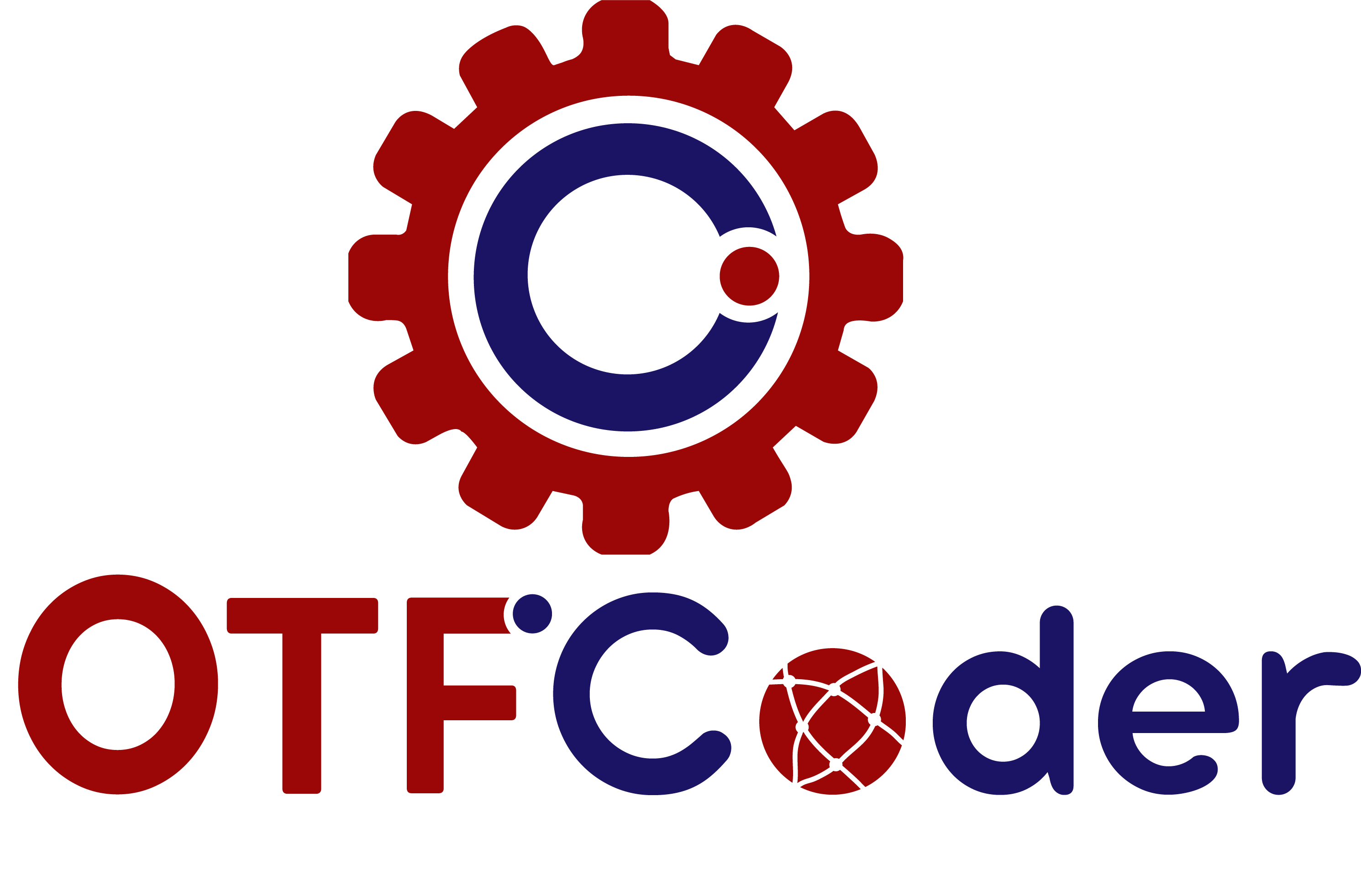Here are Myths and Facts about CodeIgniter
- Managing content is difficult
As a framework, CodeIgniter comes with a set of library functions when you first install it. Most users think that CodeIgniter is only for the development of custom applications and not a CMS. That is not true; it is one of the CodeIgniter myths. You can use CodeIgniter to develop CMS apps very easily. CodeIgniter functions can build a CMS system, which makes it simple to create web pages.
There are a number of CMS Apps available in the open-source market that is built on CodeIgniter. These can be used to design a CMS-based website. A CodeIgniter developer can also implement CMS editors with their custom application code, which makes web pages easy to create.
- CodeIgniter is not secure
Security is one of the major concerns for any online application or website. Hackers try to break into your website and put malicious scripts into your website code.
Some users think that CodeIgniter is not secure compared to new PHP frameworks, like Laravel. This is not true; another one of the CodeIgniter myths. The CodeIgniter community is working hard to keep the framework secure and does not allow hackers to inject scripts easily. CodeIgniter architecture is robust enough to keep it secure.
The following are a few areas that define how CodeIgniter keeps its framework secure:
URI Security: CodeIgniter defines the characters that are allowed in the URI strings. This minimizes the possibility for malicious data to pass into the application.
Register-globals: CodeIgniter unsets the global variables automatically during system initialization.
Display-errors: CodeIgniter provides mechanisms to disable PHP errors in the production environment. This helps with keeping sensitive data secure.
XSS Filtering: The built-in filter for Cross-Site Scripting protects it from malicious scripts.
CSRF protection: CSRF is an out-of-the-box protection from CodeIgniter. It gets automatically triggered for every non-GET HTTP request.
There are a number of other ways to keep the applications secure, which you can build using CodeIgniter.
- CodeIgniter is not SEO-friendly
The most common CodeIgniter myths are related to SEO-friendliness. Most people think that a CMS-based solution (WordPress, Joomla, etc.) is the best solution for improving SEO since SEO tags are implemented by default.
But in reality, SEO has a number of tasks that need to be done outside the website. This includes research on your business competition, finding the right keywords, finding the exact customer geographical area, and many other aspects. Someone who is responsible for Internet Marketing needs to perform all these and a few other activities to define a base for your search engine optimization work. Once these tasks are completed, then on-site SEO can be performed.
CodeIgniter provides abilities to easily define these tags into the web pages. A developer needs to add proper tags and titles to the web pages, like title tags, meta description, image name, or image alt text. A developer can also develop forms to accept all these keywords so a non-technical person can enter the SEO information to the website pages.
Following are a few key elements that need to be set in order to get better rankings:
- Title tags
- Meta description
- Image Alt text
- Image names
- SEO-friendly URL’s
CodeIgniter does not have problems with setting up an SEO-friendly site. It just takes some planning with your developer to create a good marketing strategy.
- Updates and Upgrades are not simple
Often updating or upgrading a CMS takes a couple of clicks. CMS solutions often provide a graphical back-end interface that helps users update or upgrade CMS whenever an update is available.
On the other side, PHP frameworks have a different approach for updates and upgrades. CodeIgniter also gets updates and upgrades regularly and developers need to apply these to their applications.
CodeIgniter provides an easy way to update or upgrade the library. Recently CodeIgniter 3.x version came out to the market and they provided step-by-step instructions to upgrade from the 2.x version.
- CodeIgniter is dying?
CodeIgniter has been one of the best PHP frameworks for the last few years. The founder of CodeIgniter, EllisLab, made a statement in mid-2013 that they were seeking a new owner for CodeIgniter . That made a number of people doubt the future for the framework system.

